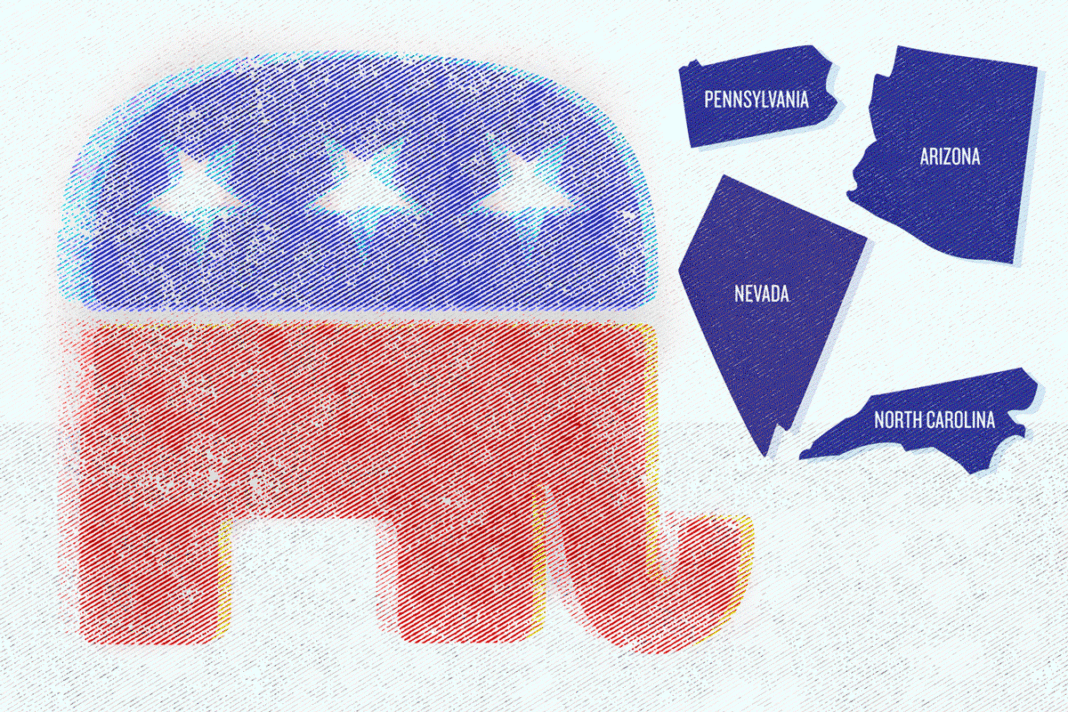
Unlike decentralized cryptocurrencies, a CBDC is a digital version of a currency that is designed, issued, and controlled by a government, Rep. Tom Emmer said.
The U.S. House of Representatives passed a bill preventing the government from issuing a Central Bank Digital Currency (CBDC), which could enable surveillance similar to that employed by the Chinese Communist Party (CCP).
HR 5403 or the “CBDC Anti-Surveillance State Act” was introduced by Rep. Tom Emmer (R-Minn.) in September.
The bill prohibits the U.S. Federal Reserve Bank from “offering products or services directly to an individual, maintaining an account on their behalf of an individual, or issuing a central bank digital currency (i.e., a digital dollar) directly or indirectly to an individual.” In addition, “the Board of Governors of the Federal Reserve System is prohibited from using a central bank digital currency to implement monetary policy or from issuing a central bank digital currency.”
On Thursday, the House passed HR 5403 in a 216-192 vote tally. In a May 23 press release, Rep. Emmer pointed out that, unlike decentralized cryptocurrencies such as bitcoin, a CBDC is a digital version of sovereign currency that is designed, issued, and controlled by a government.
Since it is subject to central control and is programmable by the entity controlling it, a CBDC does not have the privacy protections that cash affords. As such, if a CBDC were to be imposed in the United States, the federal government would have the power to surveil the transactions of American citizens.
Furthermore, it can also suppress political activity that a ruling party deems problematic through financial restrictions and manipulations.
In 2022, the Biden administration issued an executive order backing the research and development of a CBDC.
“This effort prioritizes U.S. participation in multi-country experimentation, and ensures U.S. leadership internationally to promote CBDC development that is consistent with U.S. priorities and democratic values,” according to a White House fact sheet issued at the time.
Reports issued by the Federal Reserve as well as other agencies outlined the Biden administration’s interest in a “surveillance-style CBDC,” the GOP lawmaker said.





